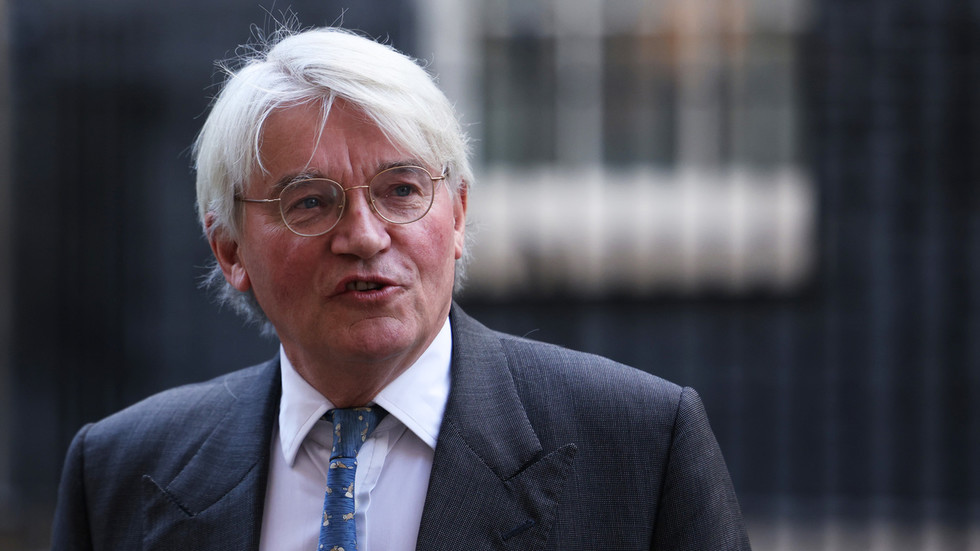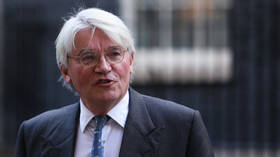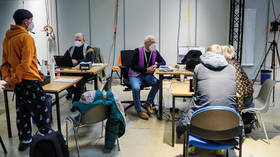
Hosting refugees at home drains the budget for bilateral programs abroad, MPs were told

FILE PHOTO: UK Minister of State (Development and Africa) Andrew Mitchell. © Dan Kitwood / Getty Images
The UK is no longer a “development superpower,” the British minister responsible for overseas aid has told a parliamentary committee.
Andrew Mitchell said “draconian” budget cuts to bilateral programs were necessary because funding had been diverted to meet the needs of refugees arriving in Britain from countries like Ukraine and Afghanistan.
He made the remarks before members of the UK Parliament’s International Development Committee on Tuesday. Mitchell was appointed minister of state for aid issues in the Foreign Office by Prime Minister Rishi Sunak in October, effectively returning to the same office he held a decade ago.
“Let us not beat about the bush. We are not a development superpower at the moment and that is something that is bemoaned around the world,” Mitchell told his fellow lawmakers. He contrasted the scarcity of funding with the resources that were available during premierships of Tony Blair and David Cameron.
“If we are going to get that back, we are going to have to make some structural changes in the department,” he added.
Mitchell said he had to reduce the budget for bilateral programs by some 30% for the rest of the financial year. This was partially due to the Home Office drawing on his department’s funds to cover the cost of hosting an increasing number of refugees from countries including Syria, Afghanistan and Ukraine.

An estimated £3 billion ($3.65 billion) was taken from the Official Development Assistance (ODA) coffers to pay for travel, food and accommodation for refugees this year. As a result, the aid budget ran “out of control” and had to be corrected, Mitchell told the committee.
The UK has been reducing its foreign aid spending for years. In 2021, it abandoned a pledge to keep ODA funding at 0.7% of Gross National Income (GNI), reducing it by around £12 billion ($14.58 billion) to 0.5% of GNI. Aid groups are concerned that further reductions are inevitable.
By the end of the year, the UK may have recorded as many as 270,000 refugee arrivals, the largest number in decades, according to a September forecast by the think-tank Center for Global Development.
Mitchell has a long track record dealing with aid affairs. Under David Cameron, he served as secretary of state for international development, leading the specialized foreign aid department, which was merged with the Foreign Office in 2020. Prior to that, he was the Tory shadow secretary for the same portfolio.




